By Michael Rosenthal
When Manny Pacquiao steps into the ring versus World Welterweight Champion Keith Thurman Saturday night on FOX Sports PPV, he seeks to join a small group of legends who found ring success at 40 and beyond.
Most fighters are looking at boxing in the rear-view mirror by the time they turn 40.
It’s a rough game – both physically and politically – that wears you down and then out by your mid-30s if you’re fortunate. Those who survive beyond that are often shells of the fighters they once were.
Manny Pacquiao appears to be an exception. Still quick, still dynamic, he knocked out Lucas Matthysse in seven rounds at 39 and then dominated Adrien Broner en route to a one-sided decision at 40.
And now he’s going after an even bigger prize: Pacman faces undefeated world welterweight titleholder Keith Thurman on Saturday, July 20, at MGM Grand in Las Vegas, live on PBC on FOX Sports PPV (9 p.m. ET/6 p.m. ET).
Can Pacquiao scale this mountain too? It’s possible.
Make no mistake: He faces a significant challenge tangling with a prime, young athlete like Thurman, who has never been beaten. However, history says 40-something boxers can have success at the highest level.
Here are five quadragenarians who gave special performances after their 40th birthdays:
ARCHIE MOORE VS. YVON DURELLE
Date: December 10, 1958, The Forum, Montreal
Moore’s age: 44
Background: Moore almost certainly had the most-remarkable post-40 career. The “Old Mongoose” fought an astounding 49 times after turning 40, going 43-4-2 in those fights. A number of his post-40 victories (and losses) are worthy of mentioning here but one stands out.
Durrelle wasn’t a special talent but he was rugged and had pop in his punches, as his 49 career knockouts indicate. Moore learned that the hard way. The then-light heavyweight champ went down three times before the fans’ behinds were settled into their seats for the opening round and hit the canvas again in the fifth, a startling fate given Durelle’s perceived mediocrity and Moore’s championship pedigree.
Indeed, things looked bleak for the future Hall of Famer. Then he went to work. Moore somehow pulled himself together and began to pressure Durelle, gradually wore him down, took control of the fight and introduced the exhausted challenger to the canvas four times before referee Jack Sharkey (the former heavyweight champ) stopped the fight 49 seconds into Round 11 of a scheduled 15-rounder. As the late, great author Bert Sugar wrote: “Archie Moore had come back from the dead.” The fight is considered an all-time classic and testament to Moore’s resilience at an age when most fighters could only dream of such a performance.
Post fight: Moore stopped Durelle in three rounds in a rematch eight months later. He would continue to win consistently before giving up his title in 1962, shortly before losing to a young Cassius Clay (Muhammad Ali) and retiring the following year.
Note: Moore’s birthdate is a matter of debate. He claimed he was born in 1916 while his mother insisted he was born in 1913. For the purposes of this article, we’re going with the word of Mom. After all, she was the adult in the room.
LARRY HOLMES VS. RAY MERCER
Date: February 7, 1992, Convention Center, Atlantic City
Holmes’ age: 42
Background: The once-great Holmes was far removed from the heady days in which he ruled heavyweight boxing. Back-to-back losses to Michael Spinks, the first of which cost Holmes his title, and a brutal knockout at the hands of a surging Mike Tyson, seemed to end the career of Muhammad Ali’s one-time sparring partner in 1988.
Holmes did walk away … but couldn’t stay away. He returned in 1991, at the age of 41, and proceeded to win five consecutive fights against marginal opponents to earn a shot at contender Ray Mercer. The former Olympian was unbeaten and on an impressive run, capped by a savage knockout of Tommy Morrison in his most recent fight. It’s no wonder Holmes was a reported 4-1 underdog in the fight.
Surprise, surprise. Holmes had one weapon with which Mercer couldn’t cope – his boxing acumen, which allowed the old man to give his young counterpart a lesson in the fine art of pugilism and stun the boxing world by winning a clear decision.
“Too smart,” judge Phil Newman told The New York Times afterward. “Larry did everything he wanted.” Holmes reveled in his smashing success. “I’m back, world,” he yelled in the ring. “Everybody says you got to lie down and die when you’re 40. I proved you don’t.”
Post fight: Holmes proved again that a 40-plus fighter can be effective at the highest level by giving a prime Evander Holyfield all he could handle but lost a decision in his subsequent fight, which was for Holyfield’s undisputed championship. Holmes would fight once more for a major title, losing a close, but unanimous decision to Oliver McCall in 1995.
GEORGE FOREMAN VS. MICHAEL MOORER
Date: November 5, 1994, MGM Grand, Las Vegas
Foreman’s age: 45
Background: “Big George” had two personas and two careers. In the first, he was a gruff, menacing physical specimen who annihilated anyone in his path as if he was Godzilla terrorizing Tokyo. In the second, which began after a 10-year hiatus from boxing, he was a lovable, somewhat pudgy, hamburger-eating grill salesman who could still hurt any opponent.
But Foreman was ancient by boxing standards – 45 years old – when he stepped into the ring to face unbeaten heavyweight titleholder Michael Moorer, who had outpointed Evander Holyfield in his previous fight to win his belts. And Foreman looked his age most of the fight, which the much quicker Moorer dominated with his craftiness and movement for nine-plus rounds. Still, Foreman never stopped coming, never stopped looking for the opening that could change the fight in an instant. It came two thirds of the way into Round 10, when Foreman split Moorer’s guard with a short hand to the jaw that knocked the champion onto his back and rendered him semiconscious as the crowd at the Grand Garden Arena went nuts. He would not get up.
Foreman became the oldest man to win a major title and he did it almost exactly 20 years after he lost the heavyweight championship to Muhammad Ali.
Post fight: Foreman, having accomplished his goal, fought only four more times. He outpointed Axel Schulz (controversially), Crawford Grimsley and Lou Savarese before losing a decision to Shannon Briggs.
THULANI MALINGA VS. NIGEL BENN
Date: March 2, 1996, Telewest Arena, Newcastle, England
Malinga’s age: 40
Background: “Sugar Boy” was always an excellent boxer but he was unique in that he found his greatest success after turning 40. The South African endured a particularly difficult patch between 1990 and 1993, when he went 4-5 over nine fights – including losses to Chris Eubank, Nigel Benn and Roy Jones Jr. – to underscore his reputation as a good fighter who came up just short.
Malinga persevered, though. He won five consecutive fights to earn a shot at the WBC middleweight belt of longtime champion Benn. The Englishman had superior natural gifts to those of Malinga but he made a crucial mistake: He underestimated a well-schooled, determined opponent.
“I was complacent,” Benn said. “I thought it was going to be an easy night.”
Benn should’ve known better. He won the first fight with Malinga by a whisker and many believe the African deserved the decision. In the rematch, Malinga, fighting behind a beautiful left jab, outboxed and outworked his rival to overcome a fifth-round knockdown and win his first major title even though he was the big 4-0.
Malinga was awareded a split decision but, according to most observers, it should’ve been unanimous. Benn fought only twice more, losing both times to Steve Collins. Malinga had more to accomplish.
Post fight: In his next three fights, Malinga lost his belt to Vincenzo Nardiello, regained it at 42 years old by outpointing Robin Reid (who had beaten Nardiello) and then lost it again to Richie Woodhall. Malinga retired less than two years later.
BERNARD HOPKINS VS. JEAN PASCAL
Date: May 21, 2011, Bell Centre, MontrealDate:
Hopkins’ age: 46
Background: The 40-year-old “Bhop” could’ve walked away from boxing after his disappointing close decision losses to Jermain Taylor that cost him his title in July 2005 and been remembered as one of the best middleweights of all time. Instead, he was just getting started.
Hopkins would fight 16 more times, going 9-5-1 (with one no-contest) against top-tier opposition in those fights. He was 46 when he challenged once-beaten WBC light heavyweight champ Jean Pascal in 2011 in Montreal, Pascal’s home turf. The two had met five months earlier but solved nothing, as the fight ended in a disputed draw. B-Hop got it right in the rematch. The old man’s hands and reflexes might’ve been a tick slower than they were in his prime but his mind was in peak form, as he outsmarted and outlanded his 28-year-old foe to win a unanimous decision and a world title in a second weight division. In the process, he eclipsed Forman’s record as the oldest man to win a major title.
“You don’t get a chance to do this too often,” Hopkins said. “You’re supposed to win titles when you are younger, in your 20s, not when you are 46. This is in the top two moments of my career, right there alongside beating (Felix) Trinidad.”
Post fight: Hopkins wasn’t finished making post-40 history. He defeated Tavoris Cloud by a one-sided unanimous decision to win another major 175-pound title and unified two titles by outpointing Beibut Shumenov, setting a record both times for being the oldest to win a major title. He was 49 when he fought Shumenov.
Article courtesy of PBC

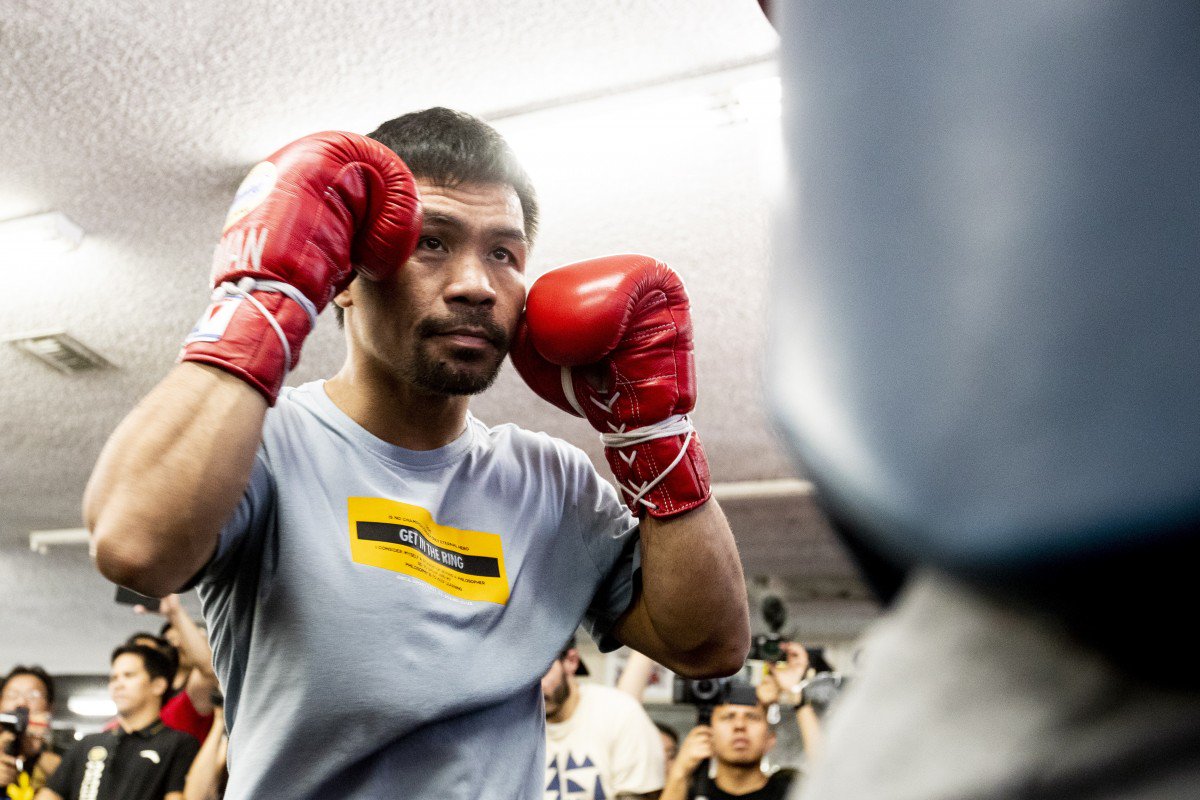
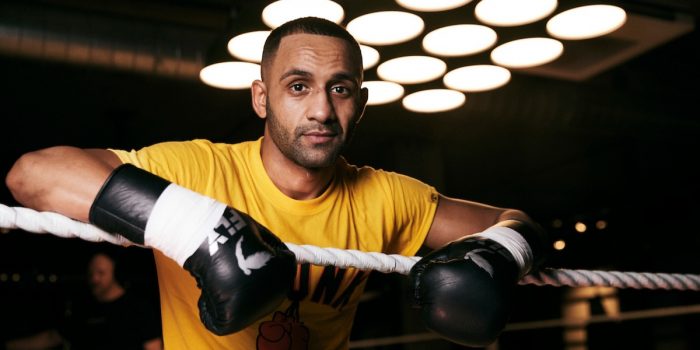
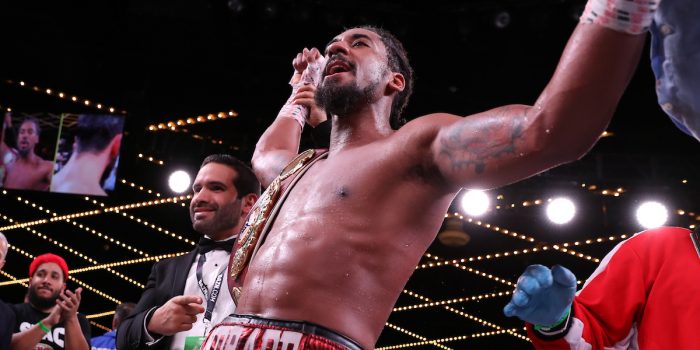
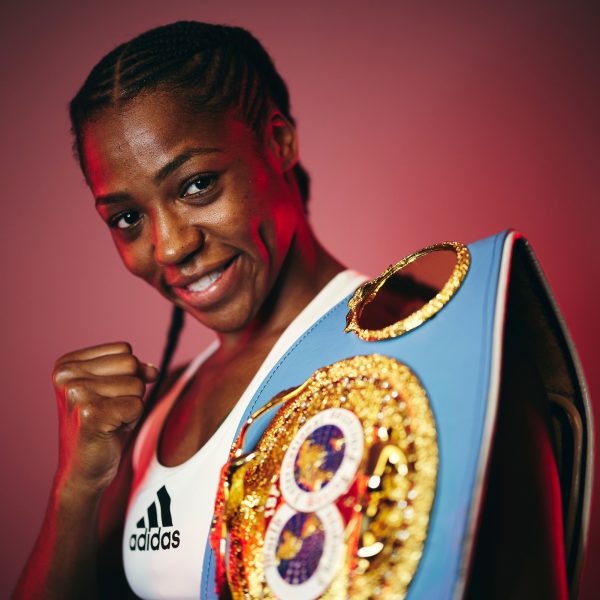
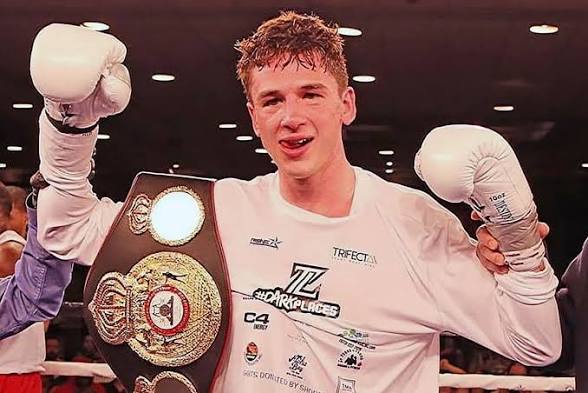
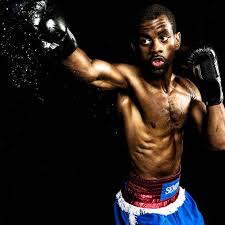
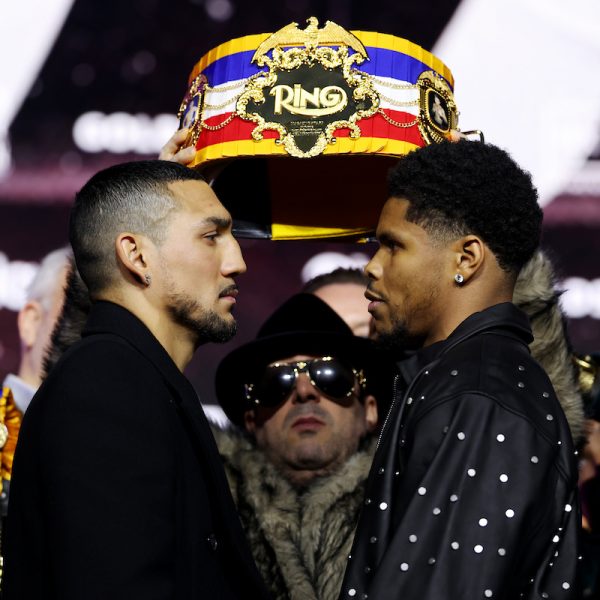
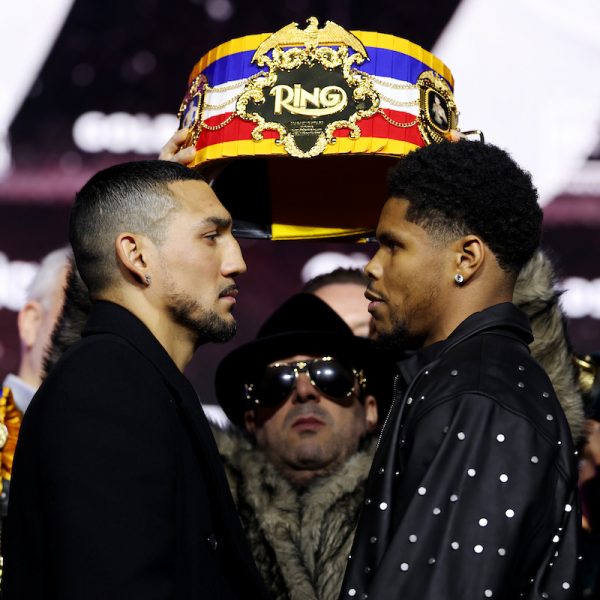
Recent Comments